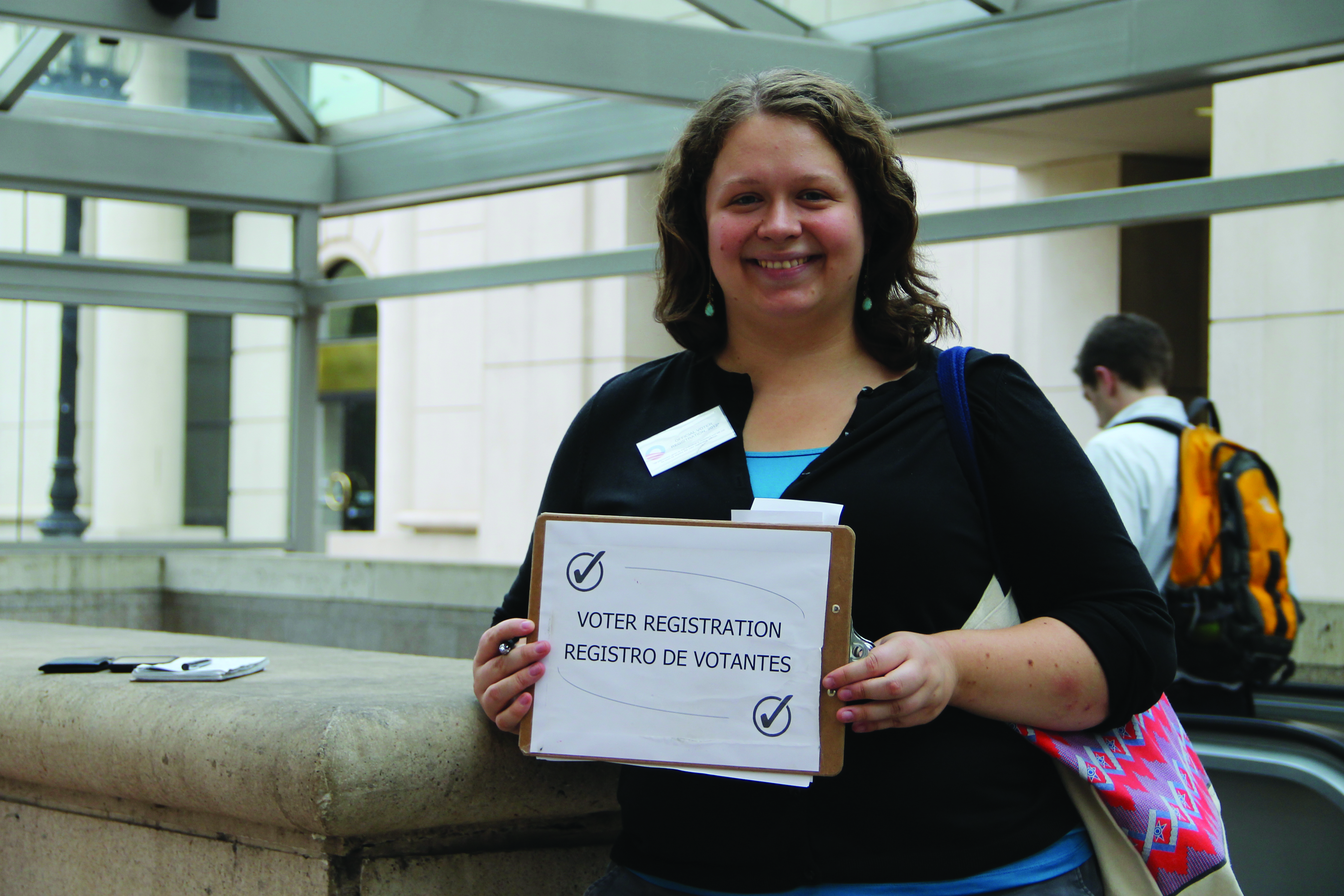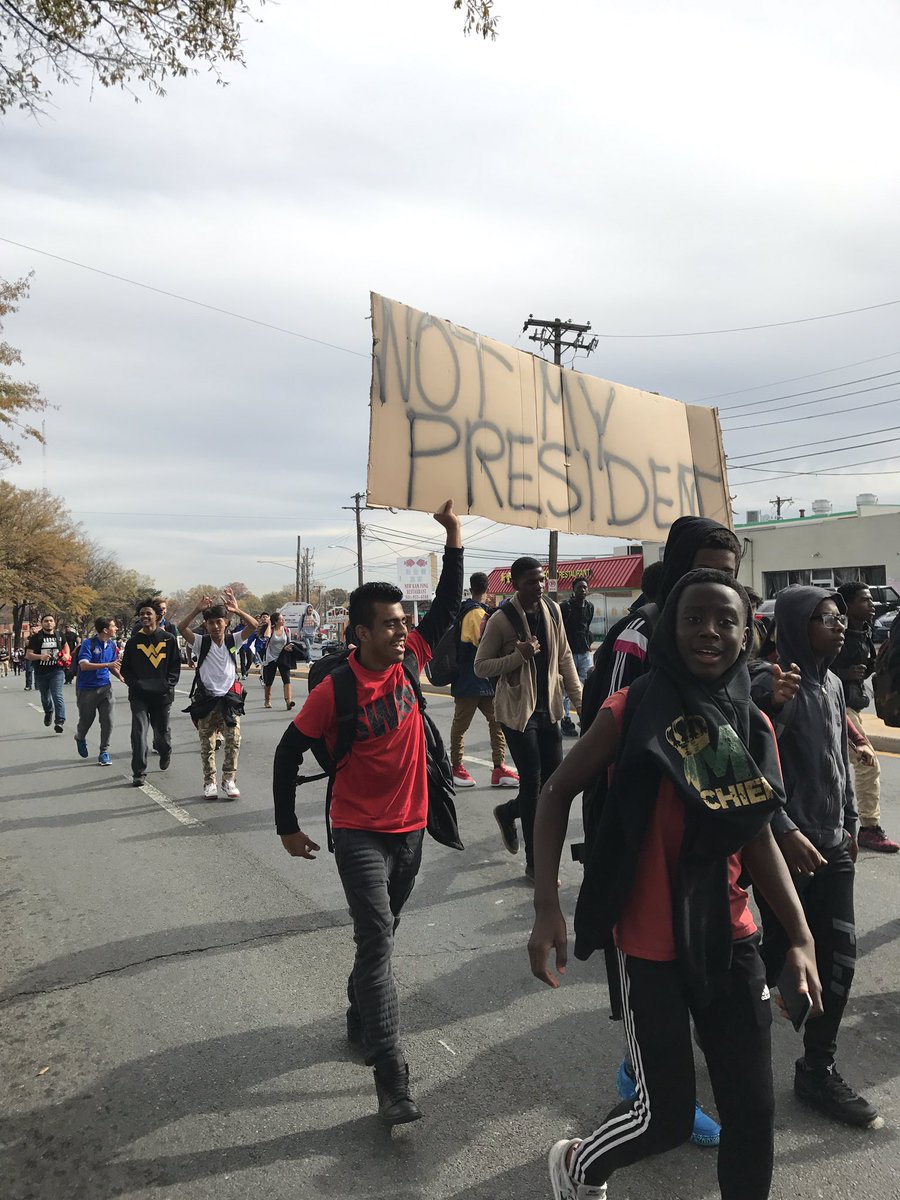A wave of 50,000 Latinos turns 18 every month, according to the Pew Hispanic Center. Those young people join the ranks of about 6 million Latinos between the ages of 18 and 24 in the United States, comprising one-fifth of that age group within the total U.S. population.
“The importance of the vote, the Hispanic vote, is only going to continue to grow,” said Serena Davila of the Hispanic Association of Colleges and Universities.
 She pointed to a Pew Hispanic Center study released in August that found that for the first time, Latinos make up the largest minority group on campuses in the nation — about 16.5 percent of all college students in the United States, proportional to the number of Latinos in the general U.S. population.
She pointed to a Pew Hispanic Center study released in August that found that for the first time, Latinos make up the largest minority group on campuses in the nation — about 16.5 percent of all college students in the United States, proportional to the number of Latinos in the general U.S. population.
Less than 43 percent of the 50 million Latinos in the nation are eligible to vote, mainly because so many Latinos are under 18 years old, according to data from the Pew Hispanic Center. Although that eligibility rate is the lowest of any major ethnic group, it is rising fast as Latinos come of age. And although voting participation has also been rising in recent U.S. elections, it remains abysmally low compared to the general population. Latino youth also vote at rates far below those of their peers in the general population.
In 2008, at a time of great electoral enthusiasm, 40 percent of eligible Latinos under the age of 30 cast ballots, far below the 51 percent rate of their peers, according to the Pew Research Center’s calculations based on U.S. Census data. In 2010, only 17.6 percent of young Latinos showed up at the polls for midterm elections.
Latino youth frequently face barriers to participating in elections, according to advocates. The bad economy, in particular, has hit Latinos hard. Rising unemployment and the foreclosure crisis disproportionately affected Latino families, who tend to hold most of their wealth in their homes.
With foreclosures came increased mobility, as families moved within and outside the state to find places to live and work. That mobility makes it harder for community organizations to find young people who aren’t in school and who are dispersed around places of work.
Mobile young people are also held back from voting by a lack of understanding of state residency and voter ID requirements, according to Adrian Garcia of Voto Latino, a nonprofit devoted to increasing civic engagement by Hispanic youth.
Those logistical problems add to a general sense of political disconnectedness. When it seems like Congress isn’t listening to the concerns of young Latinos on issues like the DREAM Act and immigration reform, many of them figure their vote won’t count, said Eric Rodriguez, the vice president of public policy at the National Council of La Raza, which brings together 300 community organizations in the United States.
“This is why the accountability question keeps coming up: ‘When am I going to hear political leaders talking about the things that I care about?’” Rodriguez said. “And for us it’s saying, ‘Well, go vote.’ ”
Photo by Kaukab Jhumra Smith.
Kaukab Jhumra Smith is Youth Today’s Washington, D.C. correspondent.

























